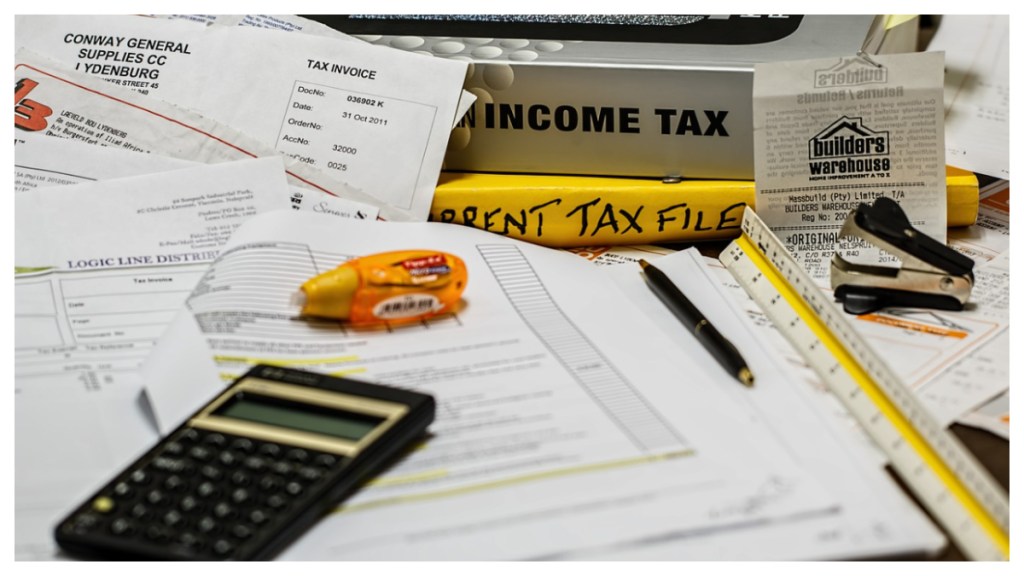In a proactive appeal ahead of the Union budget on July 23, the All India Federation of Tax Practitioners (AIFTP) on Sunday urged the government for a substantial reduction in personal income tax for citizens. AIFTP President Narayan Jain passionately advocated for raising the exemption limit to Rs 5 lakh, aligning with the organization’s vision to alleviate the tax burden on the populace, a PTI report said. Jain proposed in his memorandum to the Finance Minister that income ranging from Rs 5 lakh to Rs 10 lakh should be subject to a 10% tax rate, while income from Rs 10 lakh to Rs 20 lakh should face a 20% tax rate. For income exceeding Rs 20 lakh, Jain suggested a tax rate of 25%.
Calls intensify for higher tax exemption
Rajat Agrawal, CEO of Barista Coffee, highlights the potential impact of a proposed reduction in individual income tax rates, particularly targeting middle-income earners. He believes that such a move could significantly increase disposable incomes, thereby stimulating consumer spending. Agrawal emphasizes that higher disposable incomes would likely benefit businesses like Barista Coffee by potentially increasing customer spending on discretionary items such as coffee and dining experiences. This anticipated rise in consumer demand could also contribute to overall economic growth, as businesses across various sectors stand to benefit from increased consumer confidence and purchasing power. Agrawal’s perspective underscores the potential ripple effects of tax policy changes on both individual finances and broader economic activity.
Rahul M. Mishra, Co-founder and Director of Policy Ensure, emphasizes that his key expectations from the upcoming budget involve tax reforms aimed at enhancing the attractiveness of insurance products. He suggests revising tax structures, particularly by increasing the cap for insurance premium payments under Section 80C of the Income Tax Act. This adjustment would encourage individuals to invest more in insurance, thereby expanding coverage. Additionally, Mishra advocates for a specific exemption for term insurance to mitigate the constraints posed by the Section 80C deduction limit.
Mayank Bhatnagar, Co-founder and COO of FinEdge, anticipates several key changes in the upcoming tax regime. He suggests raising the basic tax exemption limit from Rs. 3,00,000/- to Rs. 5,00,000/- and potentially increasing the standard deduction to put more money in taxpayers’ hands. Bhatnagar also proposes an enhancement of tax exemption limits under Section 80C and Section 80D. To encourage retirement savings, he recommends additional tax deductions for investments in schemes like the National Pension System (NPS).
Furthermore, Bhatnagar emphasizes the need for financial inclusion measures targeted at women, including special tax-saving schemes and incentives for female investors. These initiatives, he believes, would foster a more diverse and inclusive investment environment.
However, Jyoti Prakash Gadia, Managing Director at Resurgent India believes that this budget may not bring any changes to personal income tax at this stage but some relief can be expected for senior citizens and pensioners.

